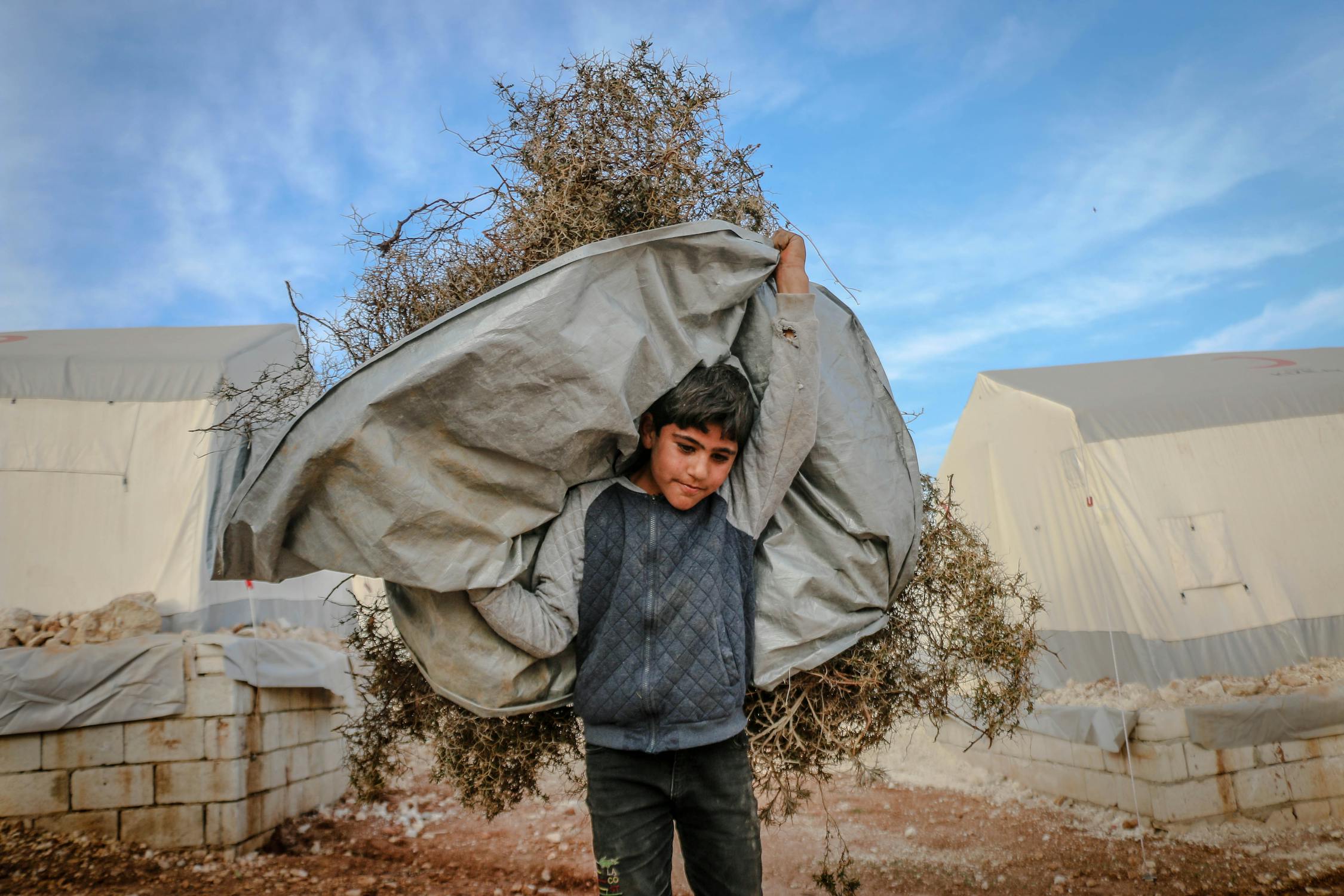Contributing Factors of Increasing Child Labour
Child labour is defined as the employment of children in any type of work that hinders their physical and mental development and deprives them of their basic educational and recreational needs. A large number of children are forced to work in hazardous and non-hazardous industries such as agriculture, glass factories, carpet factories, brass industries, matchbox factories, and domestic help. It is a stain on our society and speaks volumes about our society’s inability to provide a conducive environment for children’s growth and development.
Childhood is thought to be the best time of one’s life, but this is not always the case for some children who struggle to make ends meet during their childhood years. According to the Child Labour Project and the 2011 census, 10.2 million children in India are engaged in child labour, with 4.5 million of them being girls.
Previously, children assisted their parents with basic agricultural chores such as sowing, reaping, harvesting, caring for cattle, and so on. However, with the expansion of industries and urbanisation, the issue of child labour has become more prevalent. Children of a very young age are used for a variety of inappropriate activities, and they are forced to make dangerous items with their nimble fingers. They work in the garment industry, as well as the leather, jewellery, and sericulture industries.
Contributing Factors of Increasing Child Labour
A variety of factors contribute to the rise of this hazard.
Poverty is a major factor in child labour issues. Children are seen as an extra earning hand in poor families. Because these families believe that every child is a breadwinner, they have more children. As they grow older, these children are expected to share their parents’ roles and responsibility.
Illiteracy is a significant contributor to this problem. Illiterate parents see education as a burden because it requires them to invest more in comparison to the returns they receive in the form of earnings from their children. Child labourers are subjected to unsanitary working conditions, long hours, and other calamities, all of which have a direct impact on their cognitive development. Children’s tender and immature minds are unable to cope with such situations, resulting in emotional and physical distress.
Unethical employers also prefer child labourers over adults because they can extract more work from them while paying a lower wage. Bonded child labour is the most inhumane form of child labour. In this type of child labour, children are forced to work in order to repay a family loan or debt. Bonded labour has also resulted in the trafficking of these impoverished children from rural to urban areas to work as domestic help, in small production houses, or simply to live the life of a street beggar.
Role of the Government
The government has a critical role to play in the abolition of child labour. Because poverty is the leading cause of child labour in our country, the government should commit to providing basic necessities to the poorest members of our society. The distribution of wealth should be equitable. More job opportunities must be created in order to provide fair employment to the poor. Various non-governmental organisations (NGOs) from across the country should step forward and provide vocational training to these people in order to help them find work or become self-employed.
This lower stratum of our society should recognise and value the value of education. The government and non-governmental organisations (NGOs) should reach out to such people in order to raise awareness and initiate free education for all children aged 6 to 14. Parents should be encouraged to send their children to school rather than work.
Citizens who are educated and affluent can come forward and contribute to the upliftment of this class of society. They should spread the word about the dangers of child labour. Innovative teaching programmes for poor children can be developed by schools and colleges. Offices, as well as private and public institutions, should provide free education to the children of their employees.
The Final Word
Furthermore, these people must be made aware of the importance of family planning. Family planning measures must be taught to them by NGOs and the government. This will assist the family in lessening the burden of feeding too many mouths.

